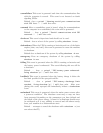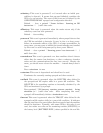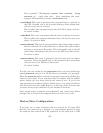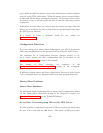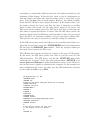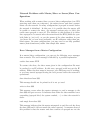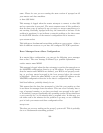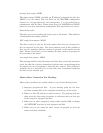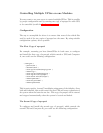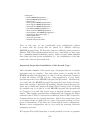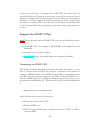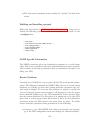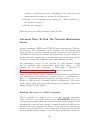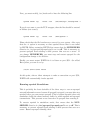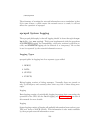Controlling Multiple UPSes on one Machine
You may want to use your server to control multiple UPSes. This is possible
by proper configuration and by running one copy of apcupsd for each UPS
to be controlled (recall the Configuration types.).
Configuration
The way to accomplish the above is to ensure that none of the critical files
used by each of the two copies of apcupsd are the same. By using suitable
configuration options, this is possible.
The First Copy of apcupsd:
For example, assuming you have SmartUPSes in both cases, to configure
and install the first copy of apcupsd, which controls a UPS and Computer
A, one could use the following configuration:
./configure \
--prefix=/usr \
--sbindir=/sbin \
--with-cgi-bin=/home/http/cgi-bin \
--enable-cgi \
--with-css-dir=/home/http/css \
--with-log-dir=/etc/apcupsd \
--with-serial-dev=/dev/ttyS0 \
--enable-pthreads \
--with-nis-port=3551 \
--enable-powerflute
This is pretty much a “normal” installation using many of the defaults. Once
built and installed, this would control the first UPS and cause a shutdown of
the system when the batteries are low. This copy of apcupsd will be started
and stopped automatically when the system is booted and halted.
The Second Copy of apcupsd:
To configure and install the second copy of apcupsd, which controls the
second UPS and Computer B, you could use the following configuration:
111



